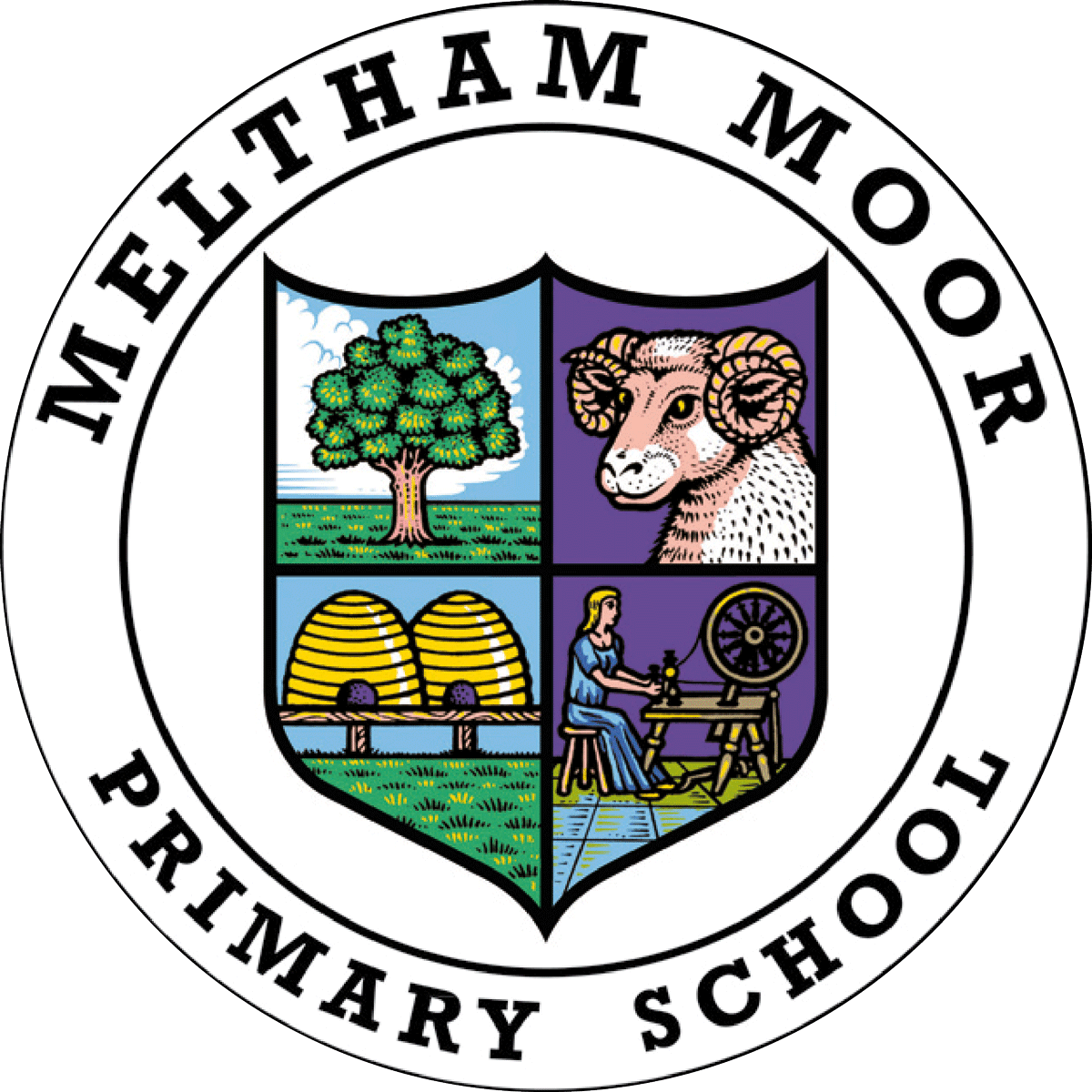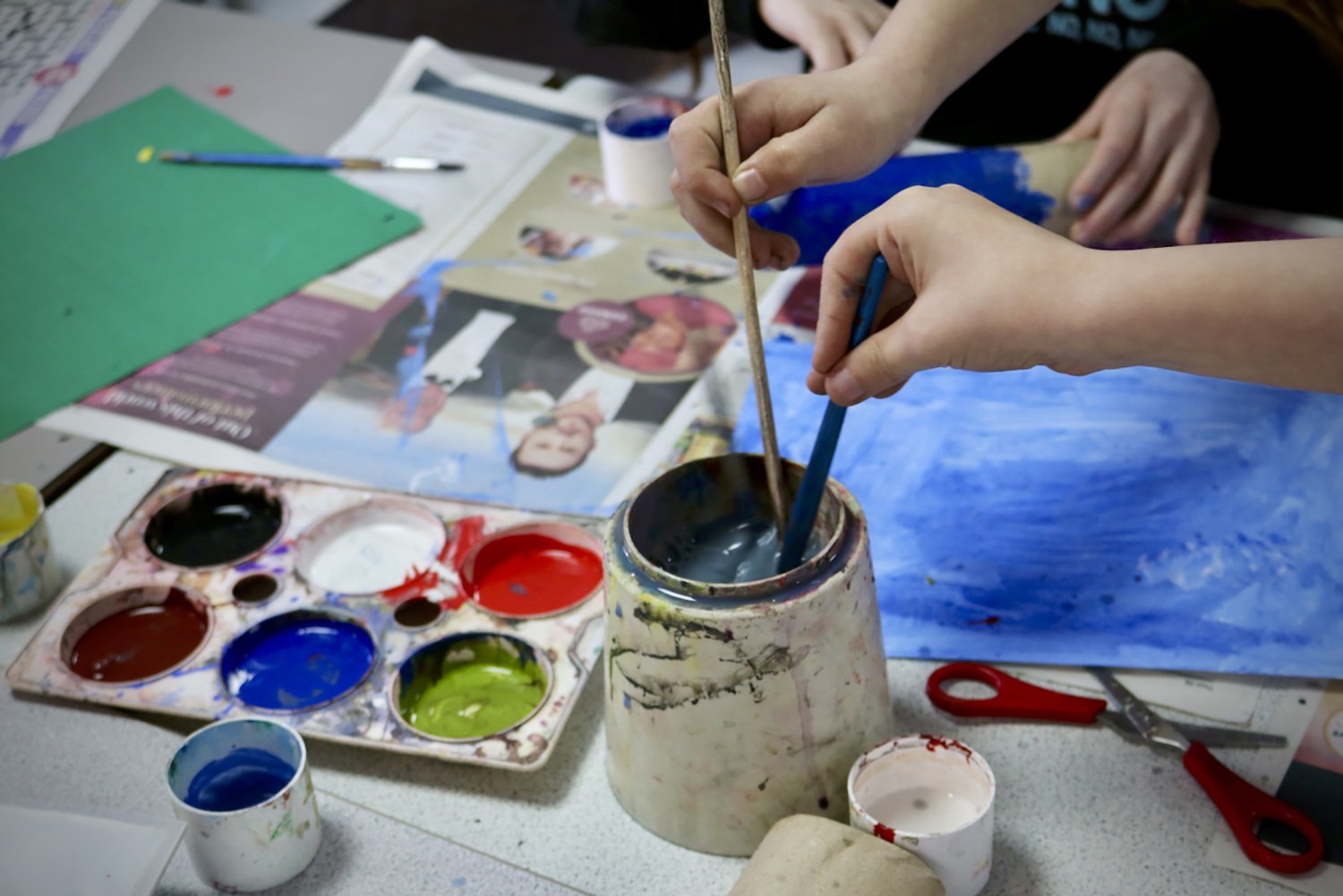Art
Art is a foundation subject of the National Curriculum and an important part of increasing our children’s ability to develop their individual creativity, express their ideas and understanding and to work both individually and collaboratively with others.
Each year group plans art lessons, which aim to ensure that children are able to develop key skills using specific media. Our aim is to design a curriculum with appropriate subject knowledge, skills, understanding and opportunities for deep learning, which promotes the spiritual, moral, cultural, mental and physical development of pupils and prepares them for the opportunities and responsibilities and experiences for later life. We endeavour to embed our five values of: love of learning, aspiration, compassion, confidence and resilience throughout our art curriculum.
Our aim is to ensure that children are confident approaching artwork, feel a strong sense of achievement, value the impact of art within their lives and are able to reach their full potential.
-
At Meltham Moor Primary School, we value Art and Design as an important part of the children’s
entitlement to a broad and balanced curriculum. Art provides the children with the opportunities to
develop and extend skills and an opportunity to express their individual interests, thoughts and ideas.
Art, craft and design embody some of the highest forms of human creativity. A high-quality art and
design education should engage, inspire and challenge pupils, equipping them with the knowledge and
skills to experiment, invent and create their own works of art, craft and design. It also sharpens their
powers of observation. As pupils progress, they should be able to think critically and develop a more
rigorous understanding of art and design. They should also know how art and design both reflect and
shape our history, and contribute to the culture, creativity and the wealth of our nation.
Aims
The national curriculum for art and design aims to ensure that all pupils:
• produce creative work, exploring their ideas and recording their experiences
• become proficient in drawing, painting, sculpture and other art, craft and design techniques
• evaluate and analyse creative works using the language of art, craft and design
• know about great artists, craft makers and designers, and understand the historical and
cultural development of their art forms.
-
The teaching and implementation of the Art and Design Curriculum at Meltham Moor Primary School is based on the National Curriculum and EYFS curriculum, ensuring a well-structured approach to this
creative subject.
Each year group plans art lessons, which aim to ensure that children are able to develop key skills using specific media across paired year groups.
Areas covered include: drawing (pencil, charcoal,inks,chalk,pastels and IT software); painting (use of colour, mixing colours, using a range of paints (acrylic, water colours, using dyes with textiles); sculpture and form (3D work,clay,dough, box modelling, wire, paper sculpture, papier mache); printing (fruit/veg, wood block, press print, polystyrene tiles, string, silk screen), textiles (weaving, printing, stitching), collage (paper, tiles, fabric), digital media (IT software, digital cameras, video recorders) and work of other artists.
Teaching in EYFS takes place as part of a focused activity, and there opportunities for children to continue to explore what they have learnt in continuous provision.
Early Years Foundation Stage pupils explore and use a variety of media and materials through a combination of child initiated and adult directed activities. They have opportunities to learn to:
• Explore the textures, movement, feel and look of different media and materials.
• Respond to a range of media and materials, develop their understanding of them in order to manipulate and create different effects.
• Use different media and materials to express their own ideas.
• Explore colour and use for a particular purpose.
• Develop skills to use simple tools and techniques competently and appropriately.
• Select appropriate media and techniques and adapt their work where necessary.
Key stage 1
Pupils are taught:
• to use a range of materials creatively to design and make products
• to use drawing, painting and sculpture to develop and share their ideas, experiences and imagination
• to develop a wide range of art and design techniques in using colour, pattern, texture, line, shape, form and space
• about the work of a range of artists, craft makers and designers, describing the differences and similarities between different practices and disciplines, and making links to their own
work.
Key stage 2
Pupils are taught to develop their techniques, including their control and their use of materials, with
creativity, experimentation and an increasing awareness of different kinds of art, craft and design.
Pupils are taught:
• to create sketch books to record their observations and use them to review and revisit ideas
• to improve their mastery of art and design techniques, including drawing, painting and
sculpture with a range of materials [for example, pencil, charcoal, paint, clay]
• about great artists, architects and designers in history.
-
Informal assessments take place throughout the year and teachers use this information to inform future lessons; ensuring children are supported, challenged appropriately and address any trends or gaps in attainment.
Further information is gathered through pupil self-evaluation; highlighting strengths, achievement and any improvements, knowledge and skills that still need to be embedded. CUSP planning provides exemplars, which allow teachers to see what should be expected for their year group. In EYFS, the staff will assess and record concerns on expressive arts and design on an assessment sheet. Floor books are used to communicate class learning to others.
Information about children`s ability is reported to parents from the end of nursery with an effort and attainment grade. Any concerns, observations or exceptional talent in this area will be discussed with parents at parents` evenings and/or recorded in end of year reports.


